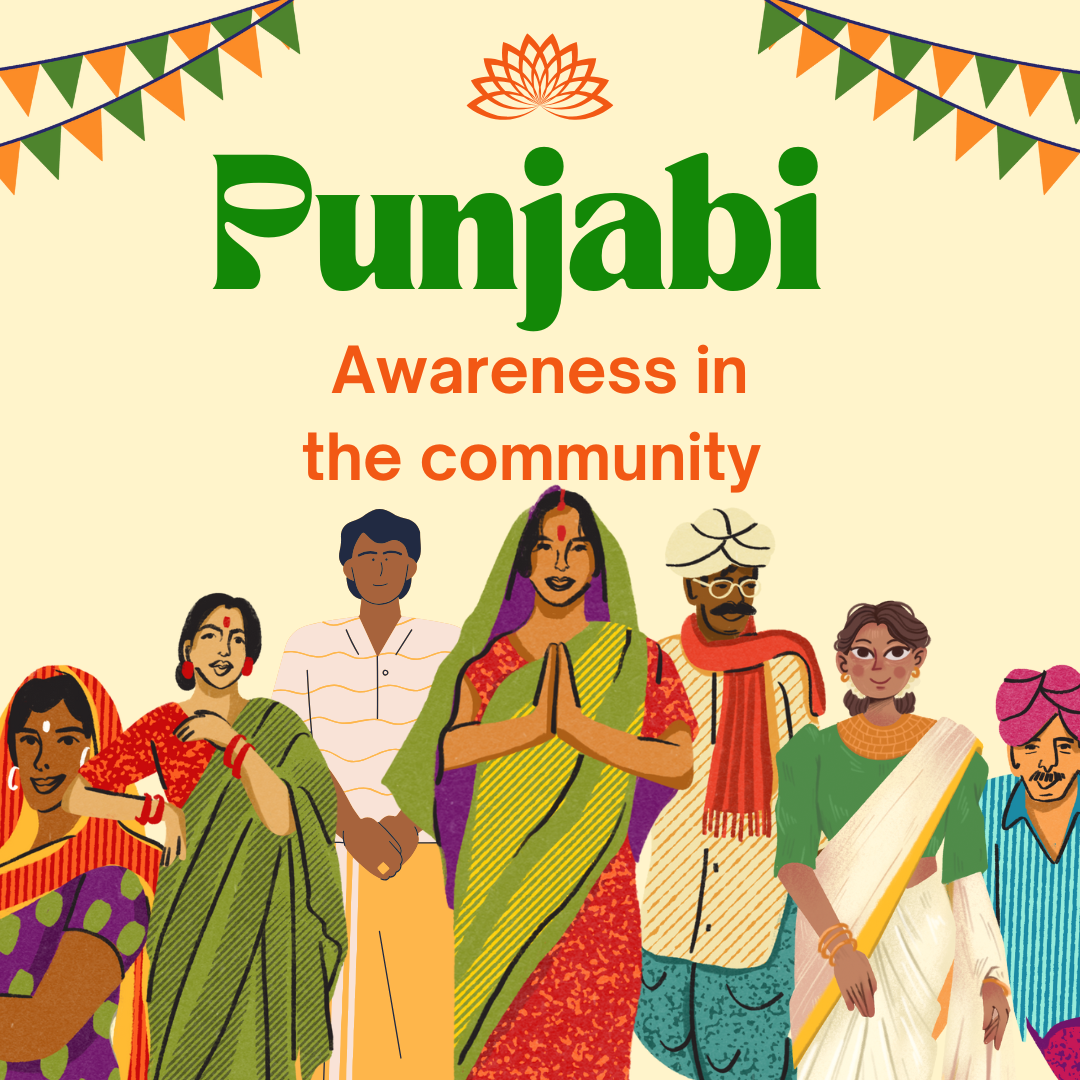By: Michelle Bean
Joan Rivers, Robin Williams, Phillip Seymour Hoffman, Shirley Temple: these and other recent high-profile deaths serve as proof that celebrity idol worship continues, not only in life, but also through their various deaths. The rich and famous don’t even die quietly, as a nationwide barrage of blog posts, tweets and status updates mourn their loss. Even though we don’t personally know these stars, we often feel heartbroken over their passing and a resurgence of popularity often awakens for them post-mortem.
What causes this communal mourning for popular figures? In response to Steve Jobs’ unexpected passing in 2011, clinical psychologist Steven Meyers told the Huffington Post, “Psychological research shows that people can form significant attachments to celebrities or public figures they’ve never met.”
According to Meyers’ statement, the concept that strangers should mourn the death of a celebrity seems quite logical.
In the all too recent cases of Joan Rivers and Robin Williams, the internet response to their passing has been overwhelming. A communal sense of shock and loss has prevailed in both cases, sparking worldwide conversations about ethics, medical responsibility quality of life, depression and suicide.
CSUB students are far from immune to the effects of such tragedies. Freshman criminal justice major Bethany Gaspar took notice of the many reactions on Facebook following the death of Robin Williams. “A lot of people were surprised and sad,” Gaspar said.
“I grew up watching his movies,” she continued, discussing the impact Williams’ career and subsequent passing had on she and her friends. Having been familiar with Williams’ work since
childhood seems to make this sense of loss all the more real for most of the Facebook generation.
Undeclared first-time freshman Michael Gongora, explains the phenomenon of mourning for public figures as a reflection of the uncertainty of life. “It’s scary that someone almost everyone
knows would take their own life,” Gongora said in regard to Williams’ suicide in Agust, “Not everyone is as they seem.”
Fans make connections with celebrities as if they know them personally. However, as Gongora pointed out, death is a shocking reminder that we aren’t as familiar with them as we sometimes
believe. Though we tend to idolize celebrities, their (often untimely) loss may serve as a reminder that no matter how well known or respected you may be, we are all still mortal.
Perhaps then we mourn for public figures because, as Gongora put it, “No one is promised tomorrow.” Not even the stars we idolize can escape that final resting place.




